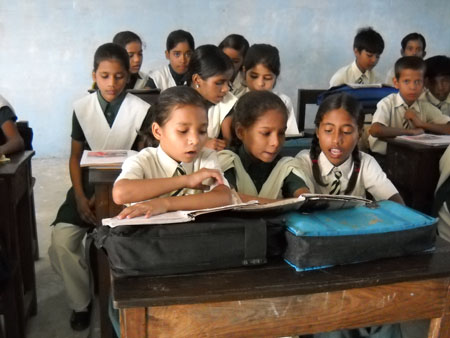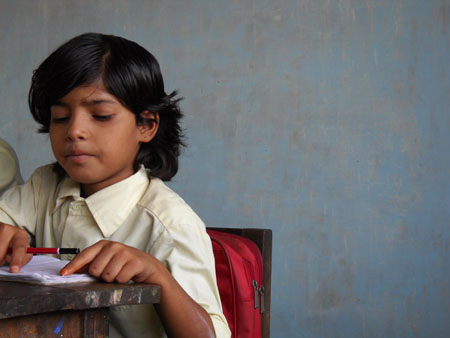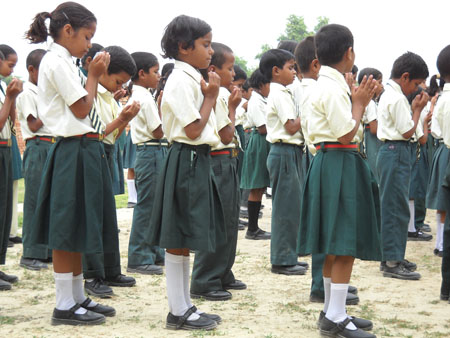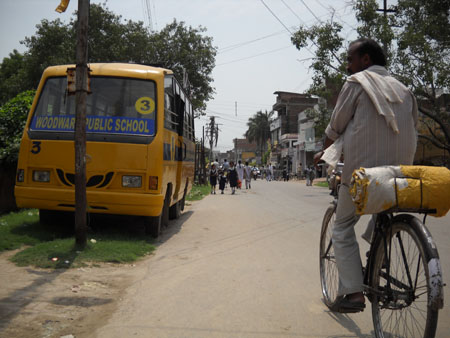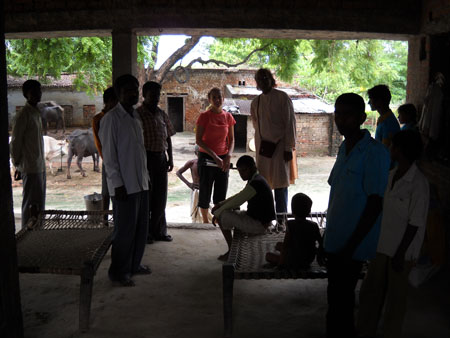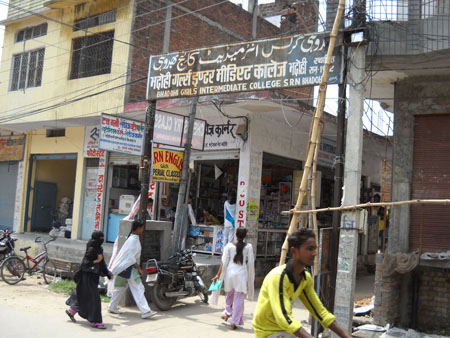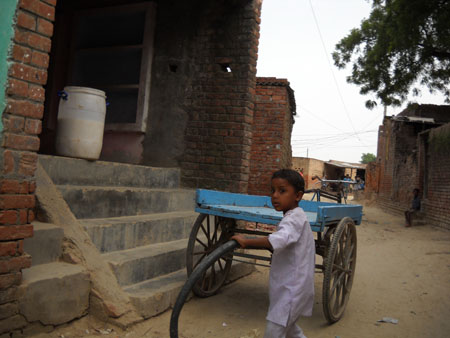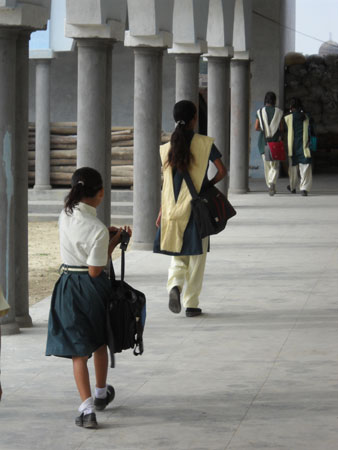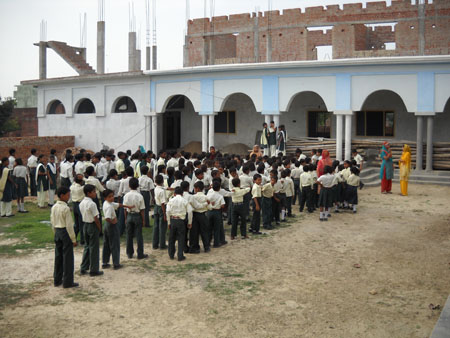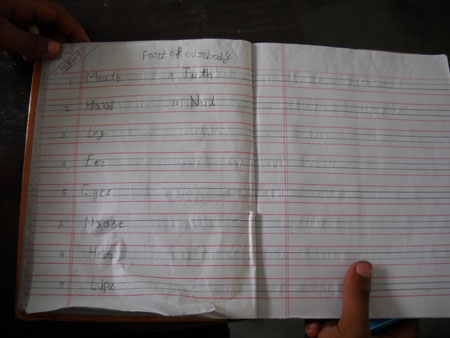 “I know the Taliban threaten people not to vote, but I am coming and using my vote,” said Bakht Muhammad, 24, after he voted in Kandahar. “I want change. I want security. I want to live my life in our country.”
“I know the Taliban threaten people not to vote, but I am coming and using my vote,” said Bakht Muhammad, 24, after he voted in Kandahar. “I want change. I want security. I want to live my life in our country.”
<http://www.nytimes.com/2009/08/21/world/asia/21afghan.html?hp>
Despite rocket attacks in Kandahar and an insurgent gun battle in Kabul, Afghans came out to vote last week in the country’s 2nd ever presidential election. The Taliban has intimidated the Afghan people through warnings and attacks, but this has not deterred them from reaching the voting booths. The people want to see change and a better place for the younger generations. The response from the Afghan people shows their support and desire for democracy and their bravery for standing up for what they believe in even in the face of terrorism.
Voter turn out in the North is stronger because of greater security and less Taliban presence. The regions where our schools are located (also in the North) are most likely to have their voices heard through voting, a positive sign for the citizens seeking change. The Southern region however, has seen considerable action by the Taliban in closing poll stations and stepping up violence, with 26 killed on election day related violence. But there are positive signs there too. Even with considerable violence, some voters still showed up, surprising US soldiers and Afghan officials.
These are all great positive things to take away from the election, but one has to remember that this election is not about electing a candidate to lead Afghanistan’s Government.
This election is about showcasing who has the power in the country. In many areas, particularly in the rural regions and the South, the Taliban is well respected and remains in control of resources and people while the Afghan government has struggled to secure the country.
We saw a partial answer for the Question of Power on election day.
Last week’s election matters because it showed the Afghan people that their fellow people citizens in their government and it demonstrated to the world that, because the elections took place with a relative amount of success, that the government operates with significant power. Had the Taliban had controlled the majority of polls and impeded election efforts, the world would have seen their strength of controlling the country. Even the small voter turn out to polls that had seen heavy violence gives evidence of the importance for Afghani citizens.
To further spread the power and effectiveness of the government and diminish the reach of the Taliban, the goal of the new Afghan Government, as well as U.S. and NATO Security Forces should be to prioritize what the Afghani people want and need. Focus should also be to market and provide these services in a better capacity than the Taliban.
The Afghani people first and foremost want security; no one wants to live in a constant state of fear. Second, Afghanis want economic opportunities in terms of trade and commerce. With continued violence there has been an unstable economy in Afghanistan. Third, Afghanis want more of a focus on education. Afghanis believe that education is the proper method of building strong and economically sound communities for the welfare and benefit of their entire country.
In many cases, the Taliban has been able to provide security and commerce better than the Afghan government, especially in rural areas where the Taliban’s reach is greater. If the government, with the help of security forces, can begin to provide security, legitimate commerce opportunities, and better funding for education, then the tide of civilian support will shift toward the government away from the Taliban.
The Taliban’s message to the Afghans is that they will remain long after any foreign forces are there, an attempt to remove hope of a different future for the country. To get their message across, they will continue to use violence and aggressive conservative tactics.






